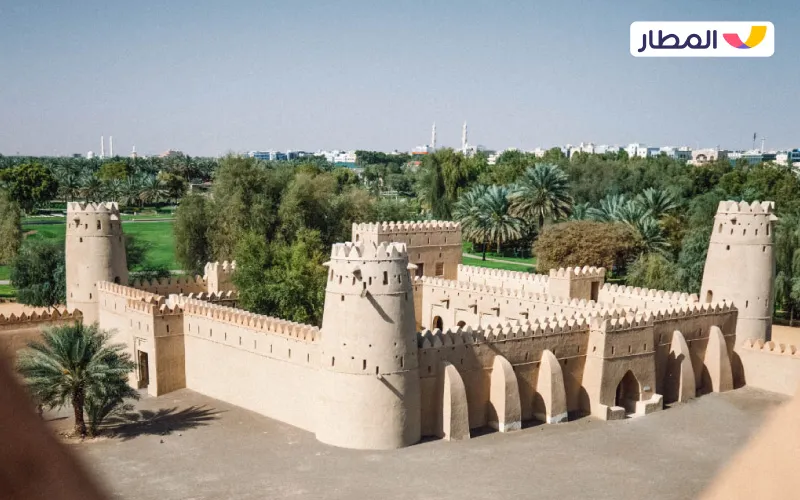Abu Dhabi, the capital of the United Arab Emirates, has come a long way since its humble beginnings as a small fishing village. Today, it is a bustling city that has become a global destination attracting visitors worldwide. In this article, we will explore the history of Abu Dhabi, from its early days as a small town to its rise as a global city.
Early Days
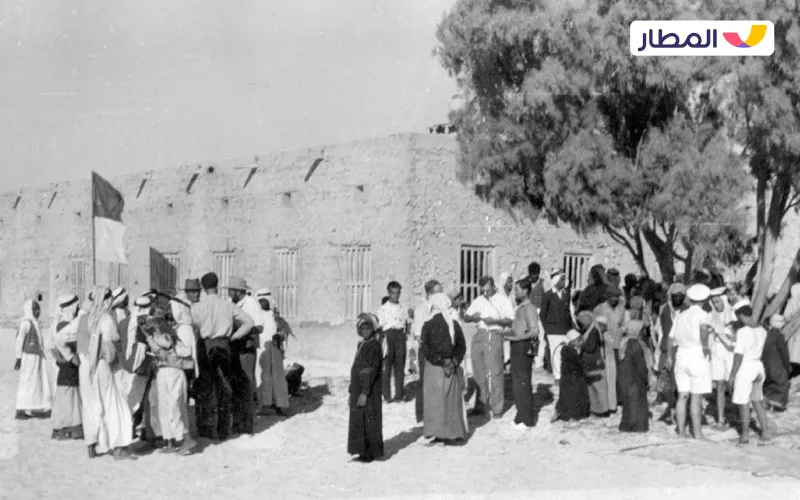
Abu Dhabi’s history dates back to the 18th century when it was a small fishing village populated mainly by the Bani Yas tribe. The city was on an island surrounded by mangrove trees and could only be accessed by boats. At that time, the city’s economy relied on pearl diving, fishing, and trade.
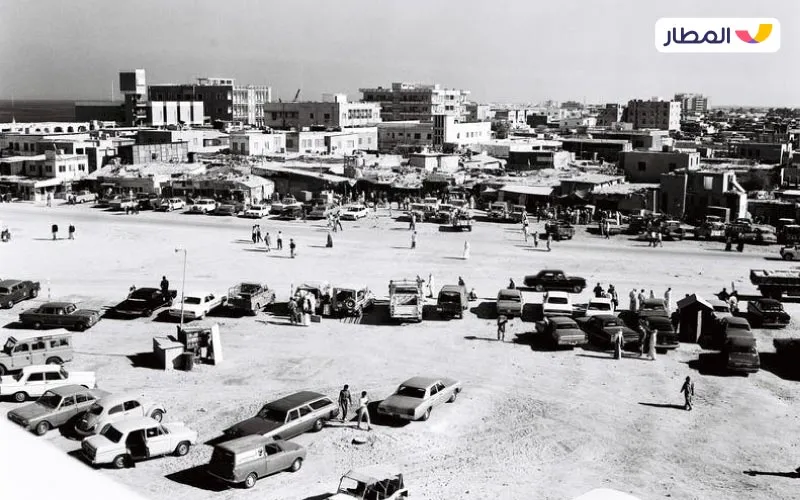
In the early 19th century, Abu Dhabi became an important center for pearl diving. Its strategic location on the Arabian Gulf made it ideal for pearl diving, and the industry thrived for many years. However, by the mid-20th century, the pearl diving industry declined, and Abu Dhabi’s economy needed a new source of revenue.
Discovery of Oil
In the 1950s, Abu Dhabi’s fortunes began to change with the discovery of oil. In 1958, oil was discovered in the city, and it soon became the primary source of income for the town. The discovery of oil transformed Abu Dhabi from a small fishing village into a wealthy city poised for growth.
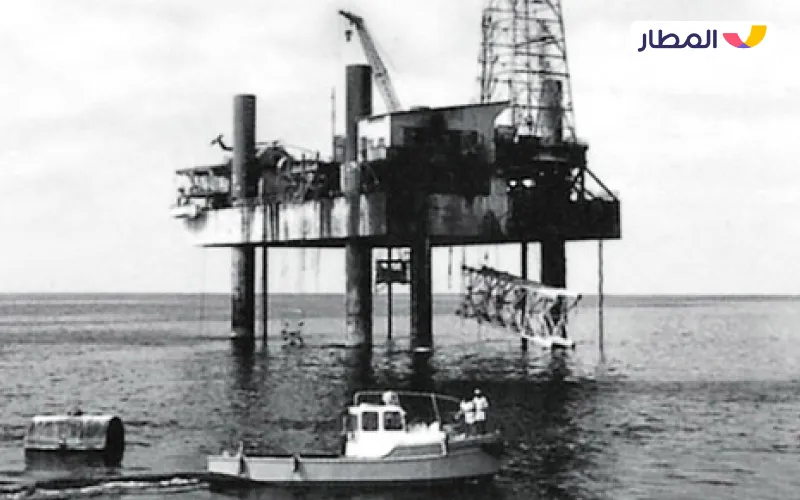
Abu Dhabi began investing in infrastructure and development projects with the newly discovered oil wealth. The city built new roads, schools, hospitals, and other public facilities. It also invested in constructing a deep-water port, which allowed the city to become an important center for trade and commerce.
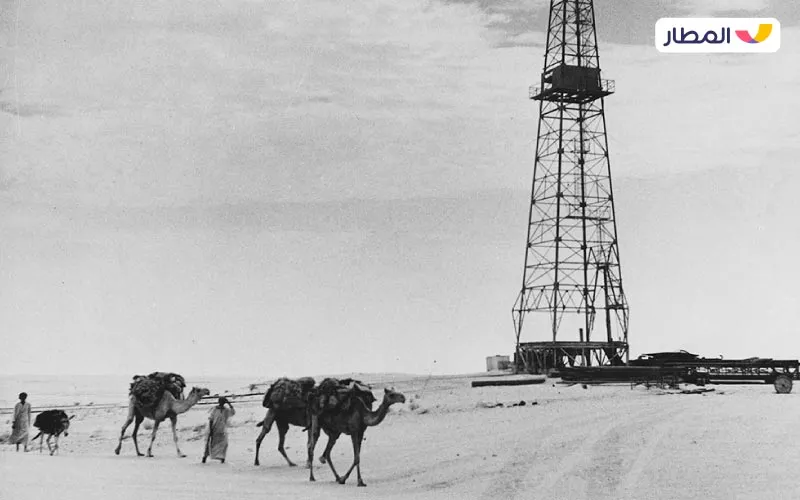
Rising to Prominence
By the 1970s, Abu Dhabi had become one of the wealthiest cities in the world, thanks to its oil reserves. The city’s leaders recognized the importance of investing in the city’s future and began implementing policies to help Abu Dhabi grow and prosper.
One of the key initiatives was the establishment of the Abu Dhabi Investment Authority (ADIA) in 1976. ADIA is a sovereign wealth fund that manages the city’s oil revenues and invests them in various assets, including stocks, bonds, and real estate. ADIA has become one of the world’s most significant sovereign wealth funds, with the help of over $800 billion.
Another important initiative was the development of tourism. Abu Dhabi recognized the potential of tourism as a source of revenue and began investing in developing hotels, resorts, and other tourism facilities. Today, Abu Dhabi is one of the most famous tourist destinations in the world, attracting millions of visitors each year.
Abu Dhabi Today
Today, Abu Dhabi is a global city known for its wealth, culture, and modernity. With a population of over 1.5 million, the city is home to some of the most famous landmarks in the world, including the Sheikh Zayed Grand Mosque, Emirates Palace Hotel, and Yas Marina Circuit. While Abu Dhabi’s economy relies heavily on oil, the city has diversified recently. Today, the city has various industries, including finance, real estate, tourism, and manufacturing. Additionally, the city has heavily invested in renewable energy, with plans to generate 50% of its energy from renewable sources by 2050.
Abu Dhabi’s rise to prominence was driven by its strategic location, abundant natural resources, and wise leadership. The city’s rulers understood the importance of investing in its future and implemented policies that helped it grow and prosper. Today, Abu Dhabi is a global city known for its wealth, culture, and modernity, and it continues to attract visitors from all over the world.
As Abu Dhabi looks to the future, it faces many challenges. One of the biggest challenges is the need to diversify its economy. At the same time, the city has made significant progress in diversifying its economy, which still relies on oil. Abu Dhabi has launched many initiatives to boost other industries, such as finance, tourism, and manufacturing.
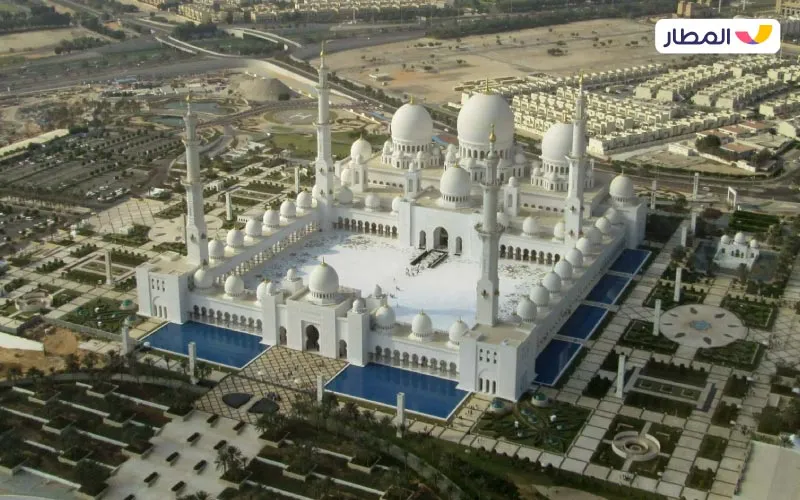
Another challenge facing Abu Dhabi is the need to achieve a balance between economic development and environmental sustainability. The city’s rapid growth has put a strain on its natural resources, and there is a growing awareness of the need to protect the environment. To address this, Abu Dhabi has launched initiatives to promote sustainable development, such as the Masdar City project, which aims to create a carbon-free city powered entirely by renewable energy.
Despite these challenges, Abu Dhabi is in an excellent position to continue to grow and succeed. With its strategic location, abundant natural resources, and wise leadership, the city has all the ingredients for continued success in the years to come. Whether you are interested in history, culture, or adventure, Abu Dhabi has something to offer everyone, making it a truly unique and extraordinary destination.
Conclusion
The history of Abu Dhabi is a story of transformation from a small fishing village to a global city. The discovery of oil changed the city’s economy and allowed it to invest in infrastructure and development projects. Today, Abu Dhabi is known for its wealth, culture, and modernity, attracting visitors worldwide. As the city looks to the future, it is focused on diversifying its economy and investing in renewable energy, ensuring it remains a global city for many years.

